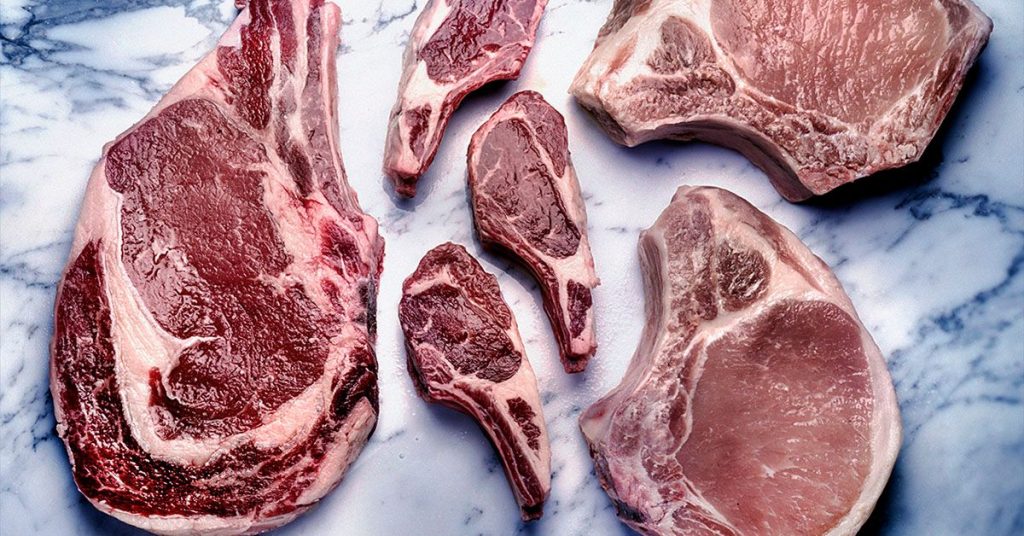A recent study conducted by researchers at Harvard’s T.H. Chan School of Public Health found that a higher intake of heme iron, which is commonly found in red meat and other animal products, may significantly increase the risk of type 2 diabetes. The study, which analyzed data from nearly four decades of research, revealed that individuals who consumed the most heme iron had a 26% higher risk of developing type 2 diabetes compared to those who consumed the least. The researchers also noted a potential link between higher heme iron consumption and metabolic biomarkers associated with the development of diabetes, as well as lower levels of beneficial biomarkers.
The rise in popularity of diets that emphasize high consumption of red meat and other animal products, such as paleo and ketogenic diets, has raised concerns among healthcare experts. While these diets may promote rapid weight loss, they have been associated with some health risks, including an increased risk of developing type 2 diabetes. Some experts argue that plant-based diets, which are known to have significant health benefits and lower risks of chronic diseases and cardiovascular issues, may be a healthier alternative.
Registered dietitian nutritionists caution against excessive consumption of animal protein, which can accelerate cellular aging and increase the risk of age-related diseases, such as type 2 diabetes, cardiovascular disease, and all-cause mortality. They recommend a diet based on whole foods, including nutrient-dense vegetables, fruits, nuts, legumes, and seeds. While iron supplements may be necessary for individuals with specific health needs, prioritizing high-iron foods like lentils, chickpeas, spinach, and pumpkin seeds, paired with vitamin C-rich foods, is recommended before turning to supplements.
The study also raised concerns about the addition of heme iron to plant-based meat alternatives, as a way to enhance the flavor and appearance of these products. While some plant-based meat alternatives may contain high levels of heme iron and other processed ingredients, experts suggest that whole plant foods offer superior nutritional benefits and are a better option for maintaining a balanced diet. They caution against consuming excessive amounts of processed foods, including plant-based meat substitutes, which may be high in sodium, artificial additives, and unhealthy fats.
It’s important to note that the study had limitations, such as not accounting for all confounding factors and potential measurement errors in the data. Additionally, the participants in the study were predominantly white, so the results may not apply to other racial and ethnic groups. Diets that heavily rely on red meat and other animal products have been associated with an increased risk of type 2 diabetes, and experts recommend considering plant-based alternatives that may offer health benefits and lower risks of chronic diseases.













